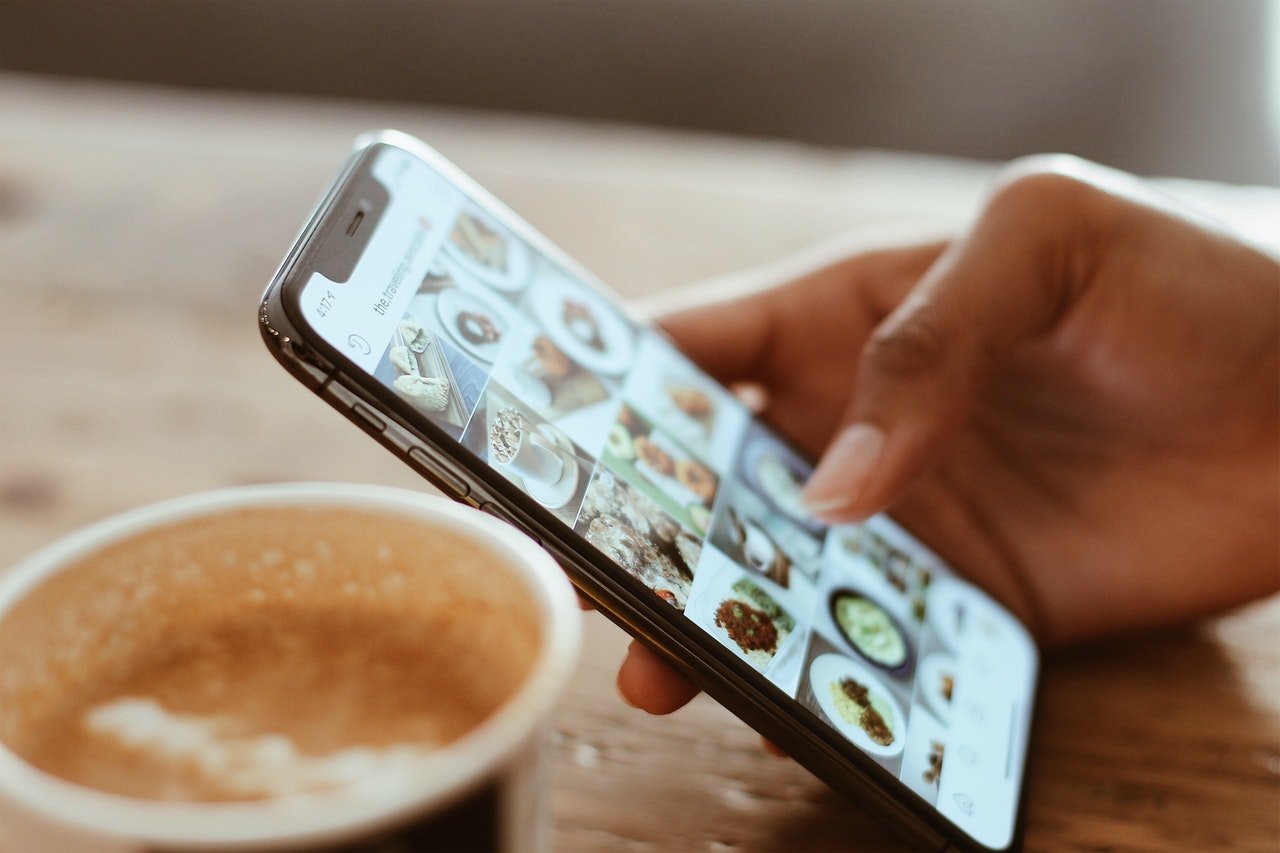
Why Localize? The Untapped Potential:
Imagine navigating a banking app, ordering food, or accessing healthcare information, all in the comfort of your mother tongue. The ease and understanding this fosters translates to increased engagement, trust, and adoption of mobile apps. For developers, this opens doors to a vast, untapped market:
- Reach a Wider Audience: Nigeria boasts over 200 million people, with only 23% speaking English as their first language. Localization unlocks the potential to reach millions who might otherwise be excluded.
- Boost User Experience: A familiar language removes cognitive barriers, leading to easier navigation, better comprehension, and a more intuitive user experience.
- Build Brand Loyalty: Catering to local languages demonstrates cultural sensitivity and respect, fostering trust and loyalty among users.
- Stand Out from the Crowd: In a sea of English apps, localization makes your app stand out, attracting attention and increasing downloads.
The Localization Toolkit: Beyond Translation:
Effective localization goes beyond simply translating text. It’s about adapting the entire app experience to the cultural and linguistic nuances of the target audience:
- Date and Time Formats: Display dates and times in formats familiar to local users (e.g., 22/12/2023 instead of 12/22/2023).
- Currency: Use the local currency (Nigerian Naira) and appropriate formatting (e.g., ₦1,000 instead of $1,000).
- Units of Measurement: Adapt measurements to local units (e.g., kilometers instead of miles, kilograms instead of pounds).
- Cultural References: Avoid idioms or references unfamiliar to the local audience. Use visuals and icons that resonate with local users.
- Right-to-Left Languages: Some Nigerian languages, like Yoruba, are written right-to-left. Ensure your app layout and text direction accommodate this.
Choosing the Right Languages:
With so many languages in Nigeria, prioritizing is crucial. Focus on languages with large speaker bases and relevance to your app’s target audience. Popular choices include Yoruba, Hausa, Igbo, and Pidgin English. Consider conducting user research to understand language preferences in your target demographic.
Building a Sustainable Localization Strategy:
Localization isn’t a one-time effort. To maintain user engagement, consider these points:
- Continuous Updates: As app features evolve, ensure translated content is updated to reflect changes.
- Community Engagement: Encourage user feedback on translations and cultural relevance to refine your approach.
- Leverage Technology: Utilize translation tools and localization platforms to streamline the process and ensure consistency.
Conclusion: Unlocking Opportunities, Empowering Users
By embracing local languages in mobile app development, we unlock a world of possibilities for both developers and Nigerian users. We create a more inclusive digital landscape, empower individuals, and pave the way for a richer, more diverse app ecosystem. So, the next time you envision your app, remember, that in Nigeria, sometimes the most powerful language is the one spoken closest to home.
Call to Action:
Share your thoughts and experiences with local language app development in Nigeria! What challenges have you faced? What successes have you celebrated? Let’s start a conversation and build a community around this crucial aspect of mobile app development in our country.
Remember, by embracing local languages, we build not just apps, but bridges to millions.




